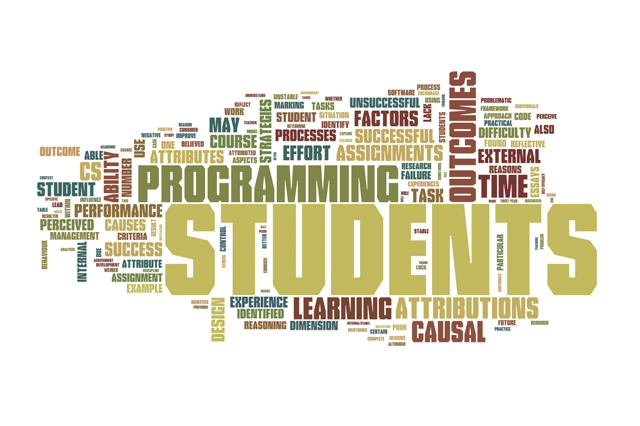Every student in every school across the entire United States needs some basic computer science education, according to experts in both industry and government.
A lofty goal. But how can it be accomplished?
That’s the topic of an article in the latest issue of Communications of the ACM, the flagship publication of the Association for Computing Machinery. The ACM is the world’s largest organization of IT professionals.
According to the article, written by Rick Adrion, Renee Fall, Barbara Ericson, and Mark Guzdial, “making computing education available to everyone involves complex policy decisions. Changing schools in the U.S. is difficult because education is largely a state prerogative. Standards, teacher certification, curricula, and graduation requirements are determined within individual states and territories, not by the federal government. Many states delegate the decisions down to cities, counties, or individual districts or schools, making the decision-making even more distributed.”
Despite the obstacles of the American educational system, the authors insisted that providing computer science education to all students will be best accomplished through traditional educational pathways and must begin in primary school. Traditional pathways within the school structure are most effective particularly for minorities and female students, the authors noted, because these groups are less likely to engage in after-school computing clubs and activities.
Universal public school education in computer science has been a stated goal of the Obama administration. In one of his weekly radio addresses, Obama noted that computer science is a basic, not an optional skill and that 9 out of 10 parents want it taught to their children. But only about 25 percent of our K-12 schools offer computer science classes. And 22 states don’t even allow comp sci credits to count toward a diploma. Obama has also announced that he is asking Congress for $4 billion to be doled out over three years to any state that applies for funds for computer science education. Obama is also calling for tech companies and philanthropists to get behind the initiative and really push for universal comp sci education.
But federal mandates and money can only do so much. Local school systems must take the lead at instituting computer science education for all students. We urge you to get involved, contact your local school board, offer your high tech services, and help bring the American educational system into the 21st century.
Written by Stephanie Forbes, Tacit, LLC. Originally published here.

